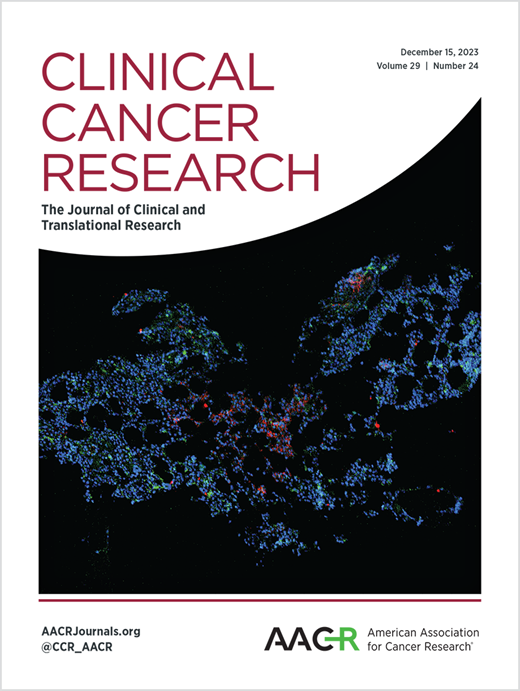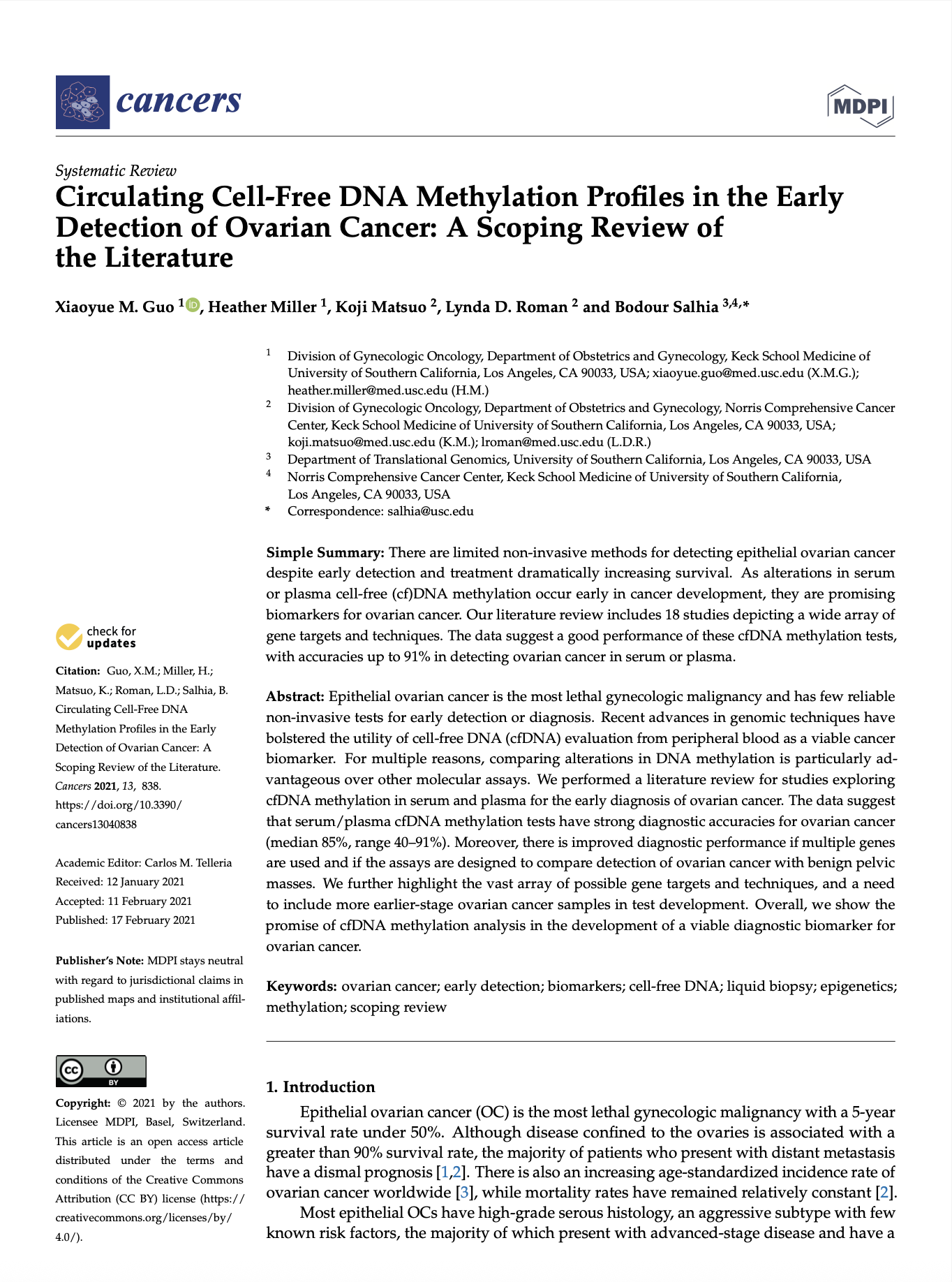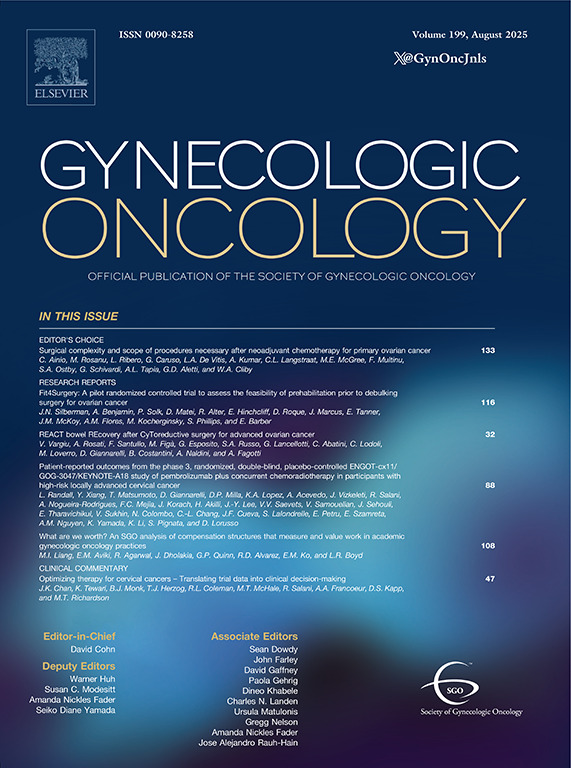Our Proprietary Platform
Harnessing advanced genomic science and AI to deliver clarity in cancer diagnosis
— detecting cancer when it’s present and confidently ruling it out when it’s not.
— detecting cancer when it’s present and confidently ruling it out when it’s not.
Methylation Signal Capture
Our platform translates DNA methylation changes into measurable patterns, enabling precise identification of cancer-specific signals.
Next-Generation Sequencing
Profiles thousands of CpG sites across the genome in a single test. Why it matters: Detects cancer signals in blood with exceptional accuracy.
AI-powered Analysis
Machine learning trained on extensive clinical datasets. Why it matters: Integrates complex methylation patterns into a single clear diagnostic result


















